The Essence of Vedas
RM15.00 Save up to 20% on this product as a member. Subscribe Now!
Only 1 left in stock
Kathamanjari was not complete. Reliable sources of information goes like this – The lord Narayana would narrate the story of Mahabharata that took place several years ago from behind the temple’s statue. Kumaravyasa would listen to the story and translate it into poetry. Lord had laid down a condition that Kumara was to only listen to this voice without attempting to see the source or the spirit narrating the story.
This was a daily routine and went on for years. One day, at the stage when the 10th parva of his work was complete, Kumara developed deep curiosity with impatience and wanted to desperately see the narrator. Much to his surprise, it is said he saw the lord himself narrating the story. He also saw a scene of kurukhsetra battle and it seemed it was happening in front of him again.
However, Kumara had violated the condition of not exploring the source of the voice. At that point, the lord disappeared and the narration of mahabharata story stopped forever. Kumara’s Kathamanjari covers only till the Gadayuddha, the battle between Duryodhana and Bheema, killing Duryodhana. The subsequent parts of the original Mahabharata like the Yudhishthira Pattabhishekha, Ashwa Medha yaaga and the Swargaarohana parva are not included. It may be noted that Lakshmeesha, another great poet who was born a few decades after Kumara’s death, took up and completed AshwaMedha yaaga parva alone in his work “Jaimini Bharata” in Kannada. This spiritual work was considered equal to Kathamanjari for its literatural ecstasy and the fragrance of narration it emits. There is a strong belief among locals that Kumaravyasa was a blessed poet of Sri Veera Narayana i.e. Lord Vishnu.
The poet used to sit in front of sanctum sanctorum in the temple and the Lord himself narrated the story of the ancient Mahabharatha from behind the statue. The poet transformed the story into an excellent poetry. Kumaravyasa has shown an exemplary style of writing in the introduction. He proudly claims that his poetry is matchless and that it caters to the taste of all kinds of readers. He writes that in his poetry “A king enjoys the valor, A brahmin the essence of all vedas, Philosopher the ultimate philosophy, ministers and state administrators the tact of rule and Lovers the romantic notes. In addition, he proudly acclaims that this work of his is the “Master” of the works of all other great scholars.” However, his selflessness may be noted when he says he merely noted all that was narrated by his lord, the actual poet”
| Weight | 0.399 kg |
|---|---|
| Dimensions | 21.6 × 13.8 × 1.5 cm |
| Book Author | Mahendra Mittal |
| Book Type | PaperBack |
| Language | English |
| Pages | 240 |
| Published Year | 2005 |
| Publisher | Manoj Publications |
Be the first to review “The Essence of Vedas” Cancel reply
Related products
Aanmigam / Devotional Books
Aanmigam / Devotional Books
Mahakavi Kalithasar Aruliya Uthira Kalamirtham Mulamum Uraiyum ( Clearance Sale)
Aanmigam / Devotional Books
Aanmigam / Devotional Books
Aanmigam / Devotional Books
Aanmigam / Devotional Books
Aanmigam / Devotional Books

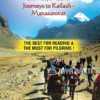
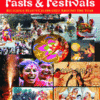
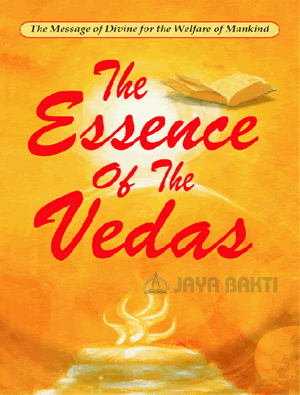
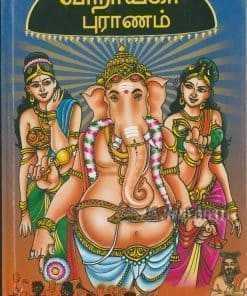
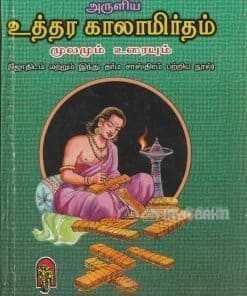
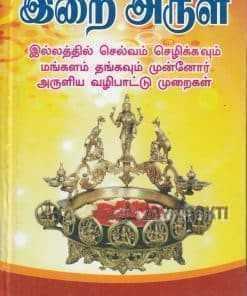
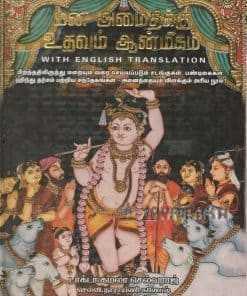
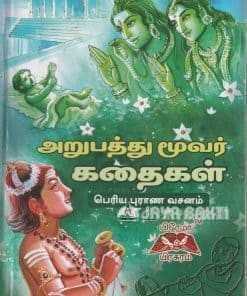
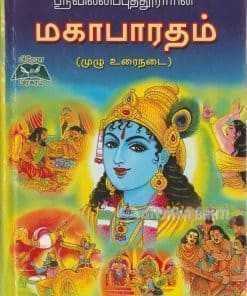
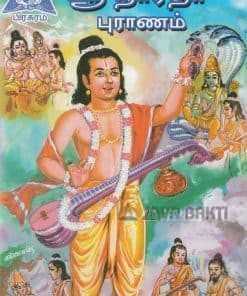
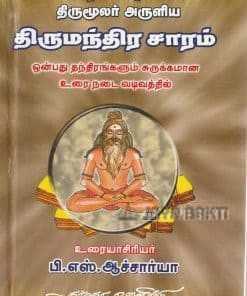
Reviews
There are no reviews yet.